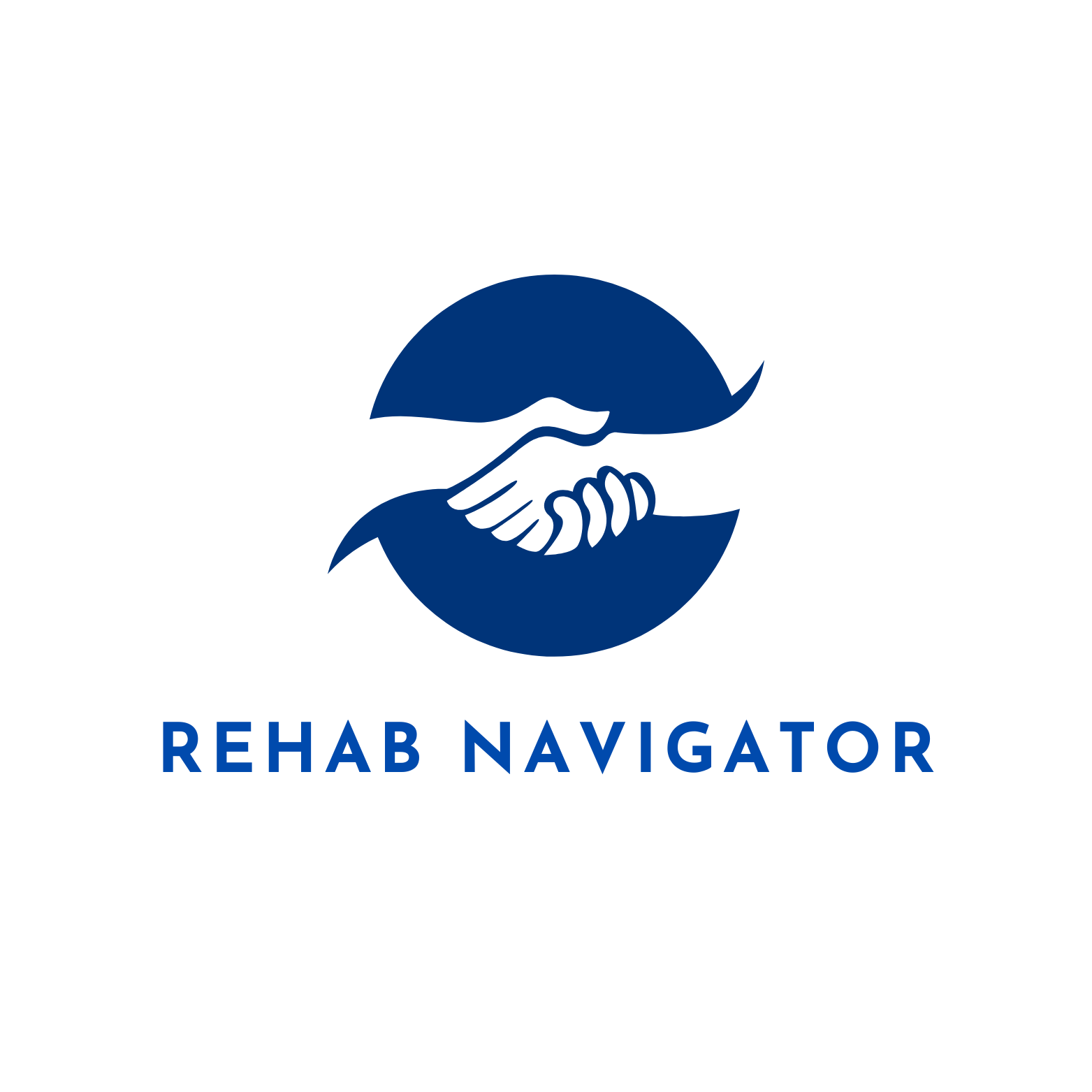
Intensive Outpatient Program (IOP)
What is an Intensive Outpatient Program (IOP)?
An Intensive Outpatient Program (IOP) is a structured treatment option for individuals dealing with substance use disorders. It allows participants to live at home while attending therapy sessions at a rehab facility multiple times a week. IOPs are designed for those who do not require detox or 24/7 supervision, offering a flexible yet supportive recovery environment.
What Are the Goals of an Intensive Outpatient Program?
The primary objectives of an IOP are to support recovery, prevent relapse, and provide coping strategies. These programs help individuals reintegrate into their daily lives while maintaining sobriety. Key goals include:
Sustaining abstinence
Learning relapse prevention techniques
Encouraging behavioral changes
Developing coping strategies
Engaging in therapy and support groups
Strengthening support networks
Addressing personal challenges such as employment and housing
What Happens During an Intensive Outpatient Program?
IOPs include a variety of therapeutic approaches to address addiction. Common components include:
Group Therapy
Group therapy is a core element, helping individuals build peer support networks, learn social skills, and develop sober habits. Different types of group therapy include:
Skills Development – Practicing behaviors in a safe space
Psychoeducational – Learning about addiction and problem-solving techniques
Refusal Training – Role-playing to resist substance use
Relapse Prevention – Identifying triggers and managing them effectively
Family Therapy – Addressing the impact of substance abuse on relationships
Individual Therapy
One-on-one therapy provides personalized support, often incorporating approaches like cognitive behavioral therapy (CBT), dialectical behavior therapy (DBT), motivational interviewing, and 12-step facilitation. These sessions help participants address personal challenges and reinforce skills learned in group therapy.
Alternative Therapies
To complement traditional therapies, IOPs may offer alternative treatments such as adventure therapy, art therapy, equine-assisted therapy, and music therapy, providing additional avenues for emotional expression and healing.
Support Groups
Participation in 12-step programs like Alcoholics Anonymous is often encouraged. Many rehab facilities host these meetings on-site, making it easier for participants to attend.
How Long Does an Intensive Outpatient Program Last?
IOPs generally last about 90 days but may vary based on individual needs. Treatment typically involves 9-12 hours per week, spread across multiple sessions. Some programs may require up to 20 hours of weekly participation, with options for both day and evening schedules to accommodate work and family responsibilities.
Benefits of an Intensive Outpatient Program
IOPs offer numerous advantages, including:
Affordability – More cost-effective than inpatient treatment
Support – Allows continued family and community involvement
Structure – Provides a stable routine for early recovery
Practice – Enables real-time application of coping strategies
Flexibility – Accommodates daily responsibilities while receiving treatment
This flexibility makes IOPs an ideal choice for individuals who need structured support but cannot commit to a full-time residential program.
Comparing Outpatient Rehab and IOP
Both outpatient and intensive outpatient programs allow participants to live at home while receiving treatment. However, IOPs involve more therapy hours per week and are better suited for those with moderate substance use disorders who require a higher level of care.
Comparing Inpatient Rehab and IOP
Inpatient rehab requires individuals to live at the facility and receive 24/7 care, including medical supervision, meals, and structured activities. In contrast, IOPs allow participants to live at home and attend treatment sessions for a set number of hours per week. Inpatient treatment is generally recommended for individuals with severe addiction, frequent relapses, or unstable home environments.
Resources
McCarty, D., Braude, L., Lyman, D. R., Dougherty, R. H., Daniels, A. S., Ghose, S. S., & Delphin-Rittmon, M. E. (2014). Substance abuse intensive outpatient programs: Assessing the evidence. Psychiatric Services (Washington, D.C.), 65(6).
Treatment, C. for S. A. (2006, January 1). Chapter 3. Intensive outpatient treatment and the continuum of care. NCBI Bookshelf.
SAMHSA. (n.d.). CLINICAL ISSUES IN INTENSIVE OUTPATIENT TREATMENT FOR SUBSTANCE USE DISORDERS – Advisory 47.
Seeking help is the first step toward recovery. If you or a loved one is struggling with addiction, reach out to a professional today.
